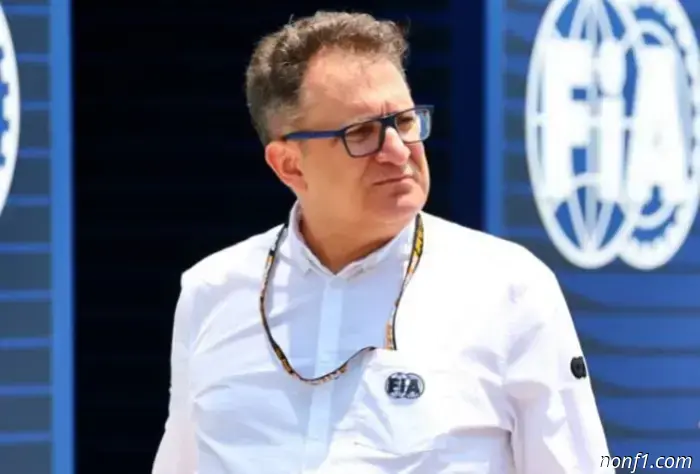
Nikolas Tombazis: There won't be speeds approaching 400 km/h.
Nicolas Tombazis, the FIA director for single-seater racing, has assured that the 2026 cars will not be reaching 400 km/h, commenting on the suggestion made by Toto Wolff in a summer interview with Auto Motor und Sport.
Of course, at the time the Mercedes team principal was deliberately overstating the capabilities of the new-generation cars, although he did mean that such a thing could happen on a straight if the engine was running at maximum power.
"I can assure you there won't be speeds around 400 km/h," Tombazis said in an interview with PlanetF1. "From what I heard, it was more of a flippant comment. He meant the power of these cars and their low aerodynamic drag, and if you purely theoretically combine all these factors, such a speed could be achieved.
Under the current regulations the energy usage requirements are such that this is impossible both physically and technically. The FIA closely monitors compliance with this regulation, and most importantly, if necessary we can always intervene if dictated by safety considerations.
So we can intervene, although we are absolutely confident that the regulations do not allow such speeds…"
The first tests of the new-generation cars with the new power units will take place behind closed doors at the Barcelona circuit in January, and neither the press nor the public will be admitted. In the time remaining until then the FIA will continue to gather information coming from the teams and is counting on championship participants to adhere to the principle of transparency.
"At the initial stage under the new regulations the spread of results will be wider, that's also part of the game," Tombazis continued. "At first the difference in the cars' speed capabilities will be more noticeable, because as people learn the new regulations some will do better while others will face difficulties…
The FIA does not have access to data on the teams' power unit outputs or the downforce levels they are running in the wind tunnel. We don't know that, because understandably the regulations do not envisage us having access to such data. So all the talk that some are succeeding and others are not is nothing more than speculation.
It's clear there are newcomers in the championship. They have a lot of work ahead of them, although, of course, everyone will have to learn a great deal since the regulations are new to all. But the task is twice as hard for the debutants.
At the moment we are devoting maximum attention to the exact characteristics of the future cars and their behavior on track and we are discussing all of this. Of course the priority is for drivers to experience natural sensations behind the wheel while driving, and also for us to be able to overcome all the difficulties related to controlling energy usage, in terms of the degree to which we've achieved the balance between electrical energy and the energy produced by the internal combustion engine.
As the new season approaches teams are working more actively on simulators and some of them are sharing sufficient information with us. These data are becoming more and more convincing, while the process of correcting certain shortcomings in the regulations continues, including those related to energy usage control, so that the cars behave properly on track."

Other articles
 Sainz: I plan my actions six months in advance.
If James Vowles and Alex Albon speak of their intention to bring Williams to championship level by 2028, Carlos Sainz is thinking along somewhat different lines...
Sainz: I plan my actions six months in advance.
If James Vowles and Alex Albon speak of their intention to bring Williams to championship level by 2028, Carlos Sainz is thinking along somewhat different lines...
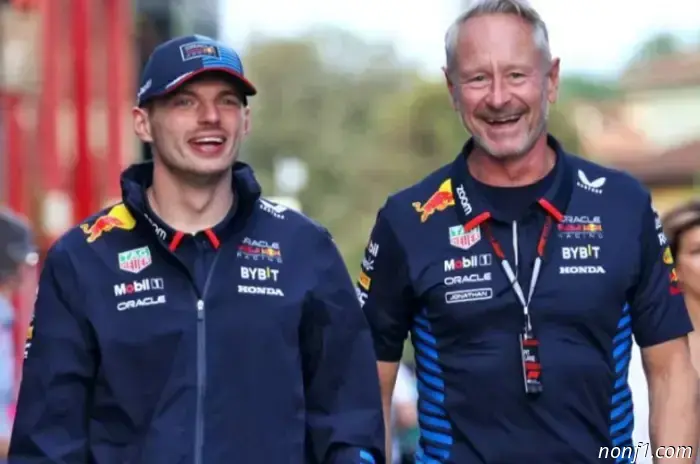 Wheatley: Max definitely knows how to make the car faster.
In 2025 Jonathan Wheatley became the team principal of Sauber, but before that he worked at Red Bull Racing for many years and, of course, during that time got to know Max Verstappen well...
Wheatley: Max definitely knows how to make the car faster.
In 2025 Jonathan Wheatley became the team principal of Sauber, but before that he worked at Red Bull Racing for many years and, of course, during that time got to know Max Verstappen well...
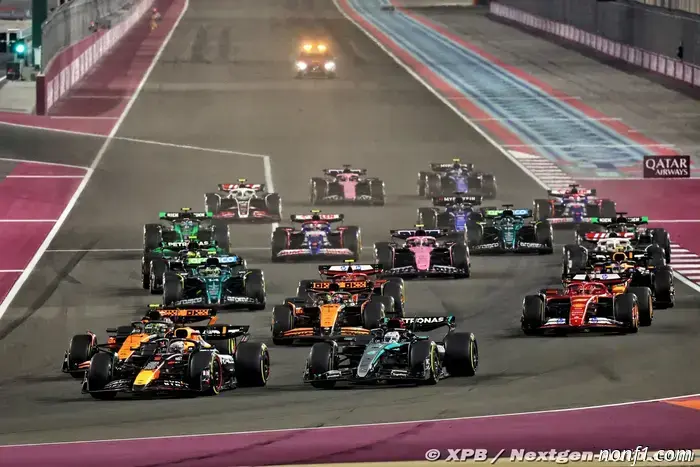 Qatar GP being closely monitored following the Doha strike.
Formula 1 | CEO Stefano Domenicali has acknowledged that the recent Israeli airstrike in Doha has made the upcoming Qatar Grand Prix a delicate matter, although he (…)
Qatar GP being closely monitored following the Doha strike.
Formula 1 | CEO Stefano Domenicali has acknowledged that the recent Israeli airstrike in Doha has made the upcoming Qatar Grand Prix a delicate matter, although he (…)
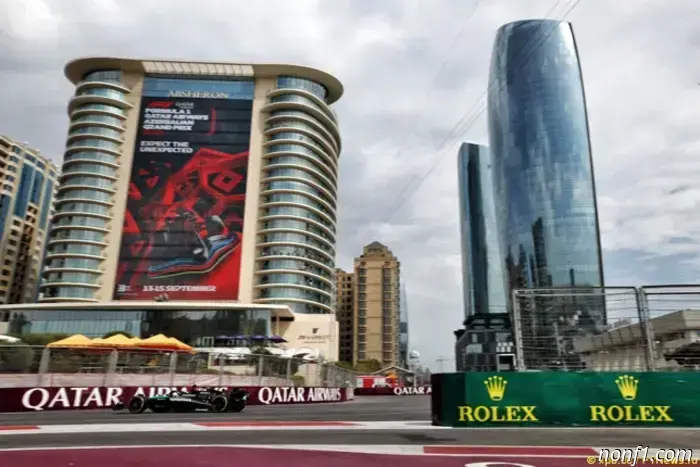 Azerbaijan Grand Prix: Preliminary Weather Forecast
The preliminary forecast for the Azerbaijan Grand Prix promises warm weather during the race weekend.
Azerbaijan Grand Prix: Preliminary Weather Forecast
The preliminary forecast for the Azerbaijan Grand Prix promises warm weather during the race weekend.
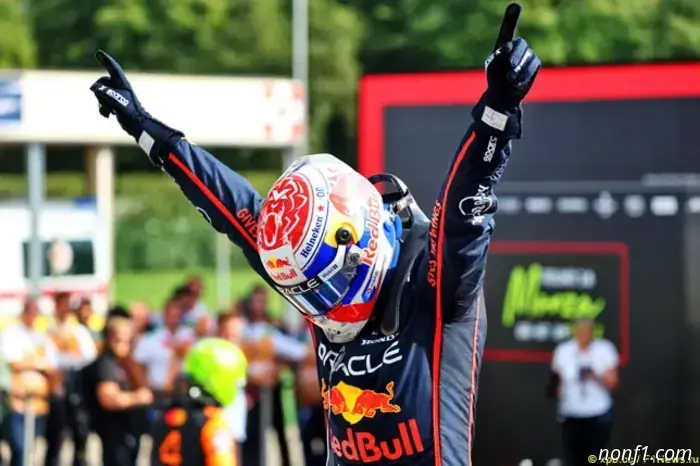 Azerbaijan Grand Prix: Bookmakers' Odds
Bookmakers have published the odds for victory at the upcoming Azerbaijan Grand Prix.
Azerbaijan Grand Prix: Bookmakers' Odds
Bookmakers have published the odds for victory at the upcoming Azerbaijan Grand Prix.
 Azerbaijan Grand Prix: Prediction Contest Round
We are still accepting predictions for the outcome of the Azerbaijan Grand Prix in our contest.
Azerbaijan Grand Prix: Prediction Contest Round
We are still accepting predictions for the outcome of the Azerbaijan Grand Prix in our contest.
Nikolas Tombazis: There won't be speeds approaching 400 km/h.
Nicholas Tombazis, the FIA director for single-seater racing, assured that the 2026 cars will not reach 400 km/h, commenting on an assumption made by Toto Wolff...
